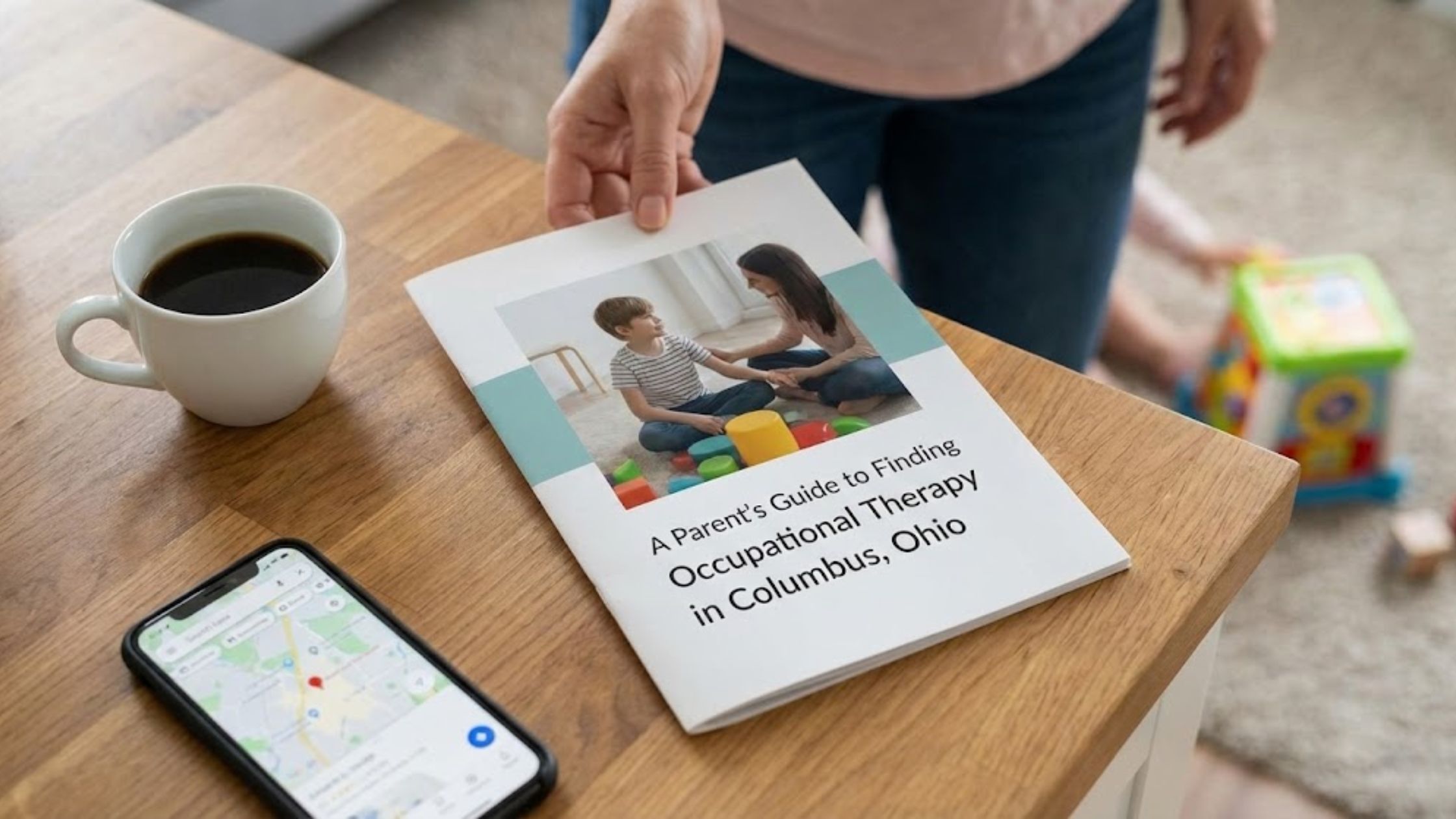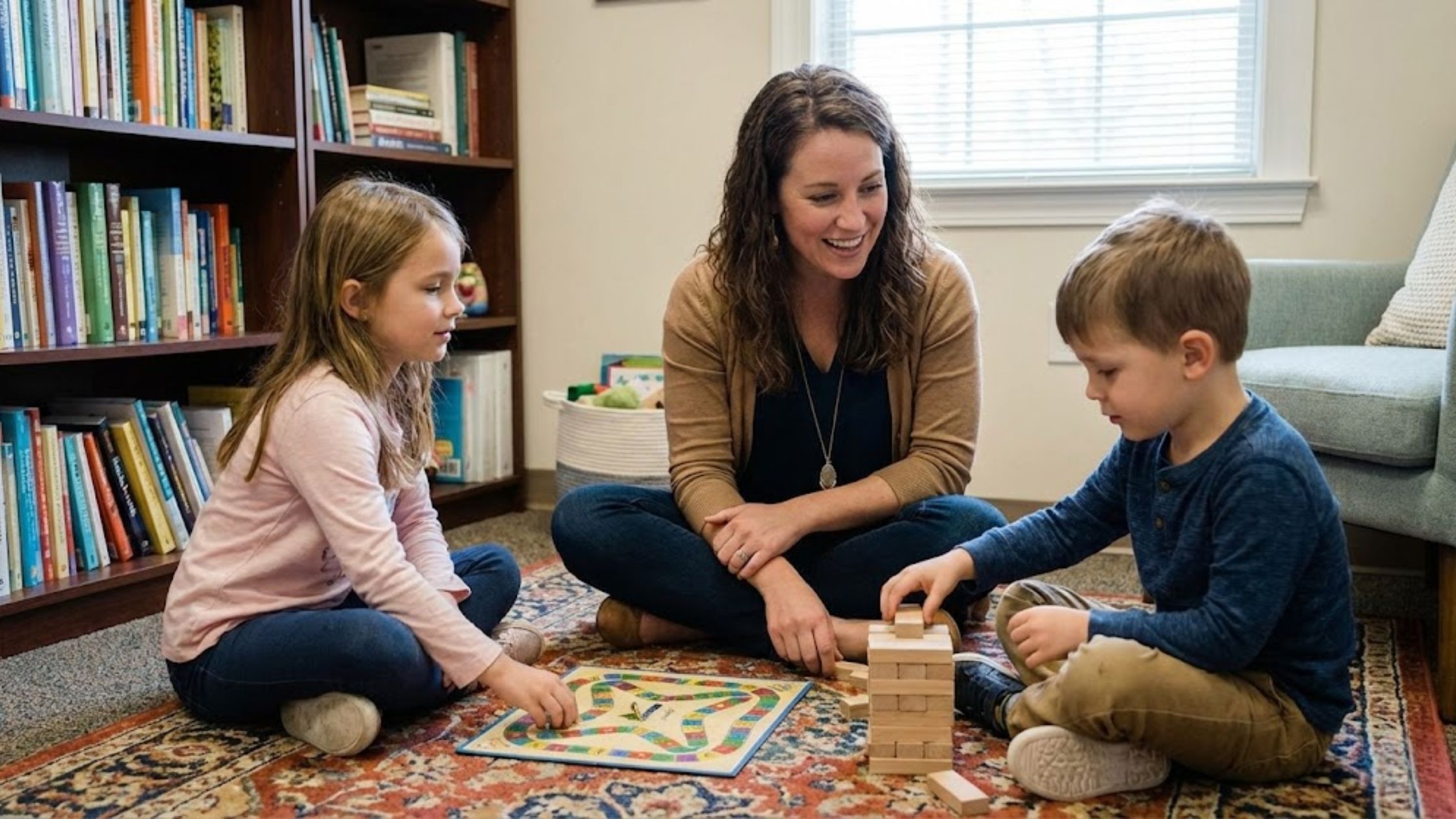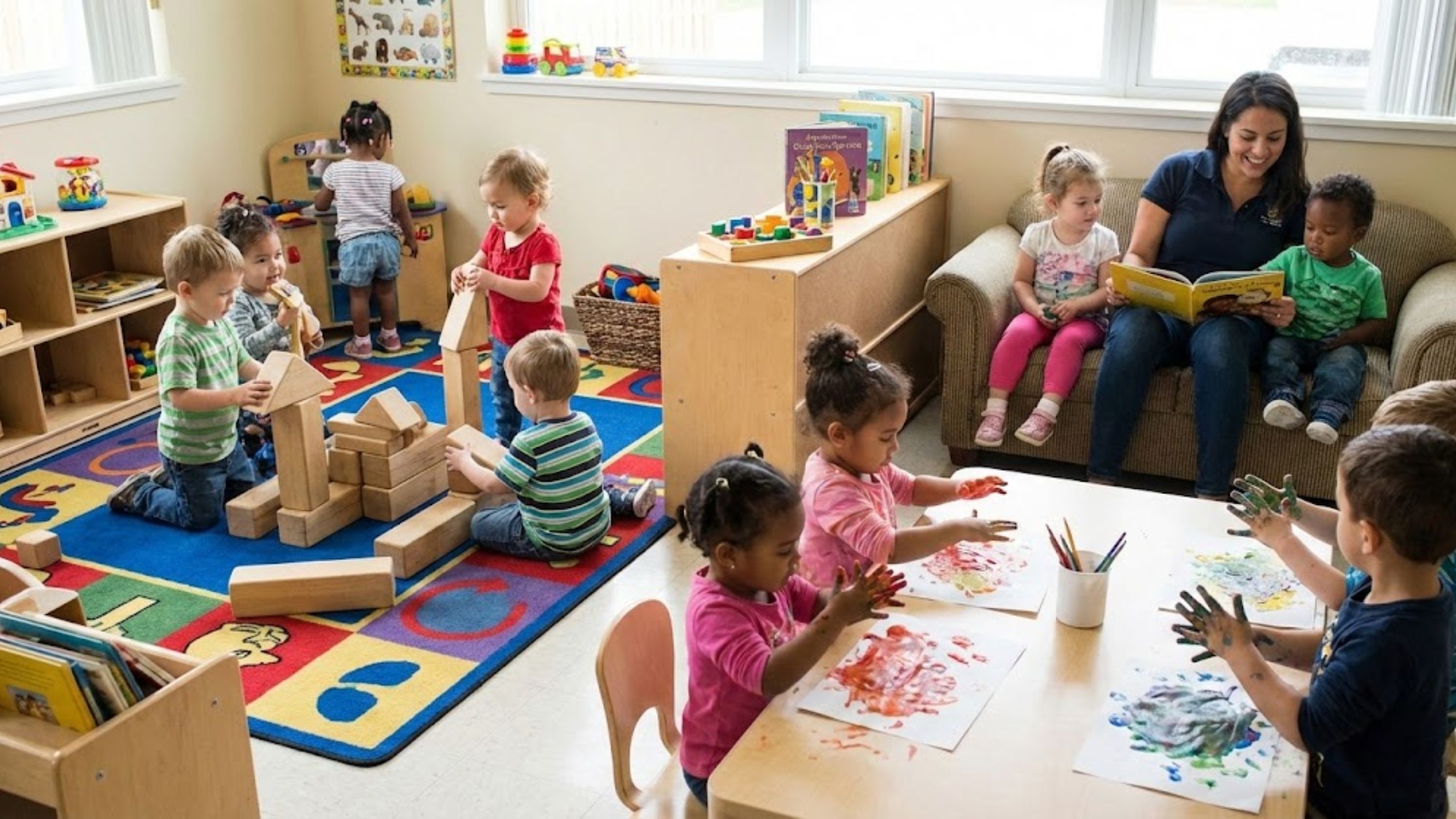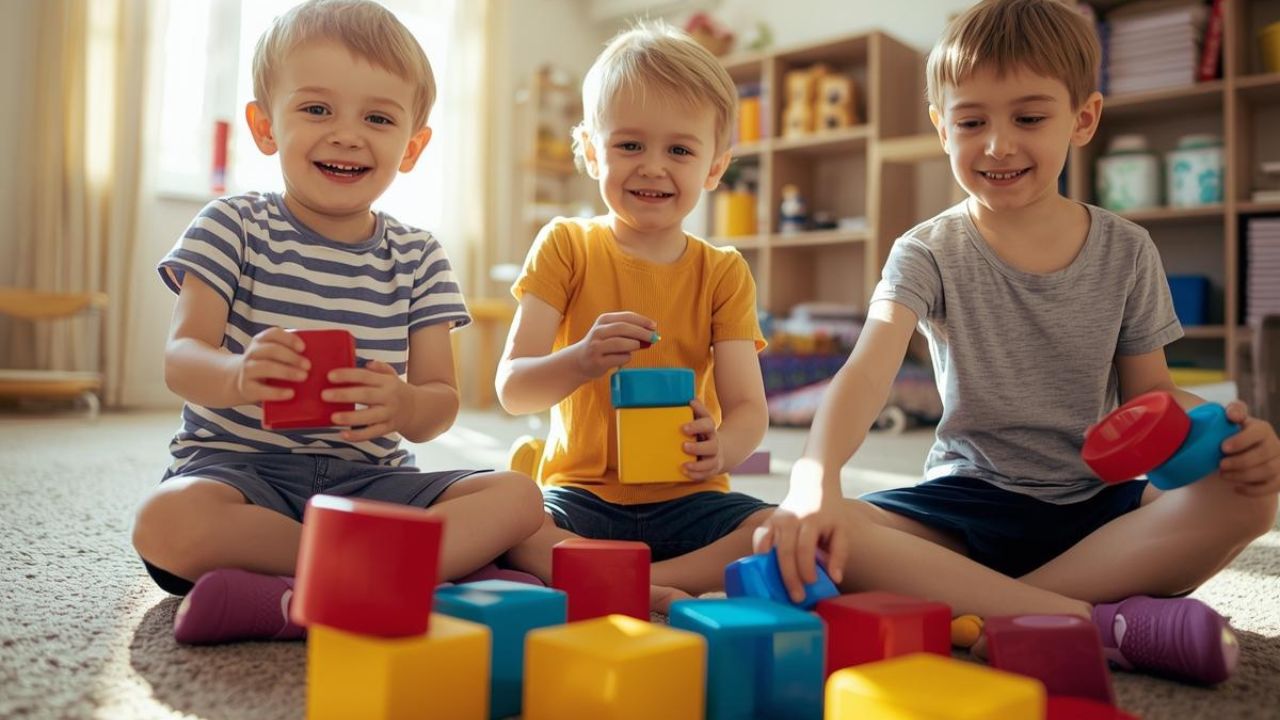Effective communication between childcare providers and parents is the cornerstone of a successful partnership. It fosters trust, ensures the child’s well-being, and promotes their overall development.
Why is Parent Communication Important?
Parent communication is a cornerstone of effective childcare, serving as the bridge between home and the care environment. Establishing a strong, open line of dialogue between parents and providers is essential for fostering a child’s development, building trust, solving problems collaboratively, and ensuring consistency in routines and expectations.
- Enhances Child Development
Regular and consistent communication between parents and childcare providers plays a crucial role in understanding each child’s unique needs, preferences, and learning styles. By sharing insights and observations, both parties can tailor their approaches to support the child’s individual developmental milestones, ensuring a more personalized and effective learning environment. - Builds Trust
Open and honest communication fosters a strong, trusting relationship between parents and providers. This trust creates a secure and supportive environment where parents feel confident in the care their child is receiving, and children benefit from a consistent and reliable care setting. - Facilitates Problem-Solving
Effective communication allows parents and providers to address and resolve challenges collaboratively. By discussing issues openly and working together, they can find practical solutions and implement strategies that address concerns efficiently, preventing minor issues from escalating. - Promotes Consistency
Sharing detailed information about a child’s routine and behavior helps maintain consistency between the home and childcare environments. This alignment ensures that expectations and practices are unified, contributing to a stable and coherent routine that supports the child’s overall well-being and development.
10 Parent Communication Strategies in Child Care
Effective communication between parents and child care providers is essential in fostering a supportive and nurturing environment for children. When parents and caregivers work together and share information openly, it not only enhances the child’s development but also builds a strong, trusting relationship.
- Establish Open Communication Channels
Creating multiple communication platforms ensures that parents can reach out in the way that is most convenient for them. Offering options such as phone calls, emails, text messages, and parent portals provides flexibility and accommodates varying preferences. Regular updates, whether daily or weekly, about the child’s activities, meals, and behavior help parents stay informed and involved. Additionally, making sure these communication channels are accessible and user-friendly is crucial for effective interaction, ensuring that parents can easily engage with the information shared and feel connected to their child’s experience. - Active Listening
Active listening is fundamental to effective communication with parents. Demonstrating genuine empathy and interest in their concerns and questions helps build a strong, trusting relationship. Paying close attention to non-verbal cues such as body language and tone of voice can provide additional insights into parents’ feelings and concerns. Summarizing and rephrasing their statements to confirm understanding not only ensures clarity but also shows that their perspectives are valued and understood, fostering a more open and constructive dialogue. - Clear and Consistent Communication
Using clear and simple language is essential for avoiding misunderstandings and ensuring that parents fully grasp the information provided. Avoiding jargon and technical terms helps make communication more accessible. Positive reinforcement, focusing on the child’s strengths and achievements, reinforces constructive feedback and encourages a positive perspective. Maintaining consistency in messaging across all communication channels helps prevent confusion and ensures that parents receive the same information, reinforcing trust and clarity in the relationship. - Proactive Communication
Proactive communication involves anticipating potential concerns and addressing them before they escalate. By sharing information about upcoming events, policies, and any changes regularly, parents remain informed and prepared. Seeking feedback from parents encourages their active participation and involvement, allowing for adjustments to be made based on their input. This proactive approach helps build a collaborative environment where potential issues are managed effectively, fostering a more supportive and responsive relationship. - Effective Documentation
Providing detailed daily reports on the child’s activities, meals, and behavior helps keep parents well-informed about their child’s day-to-day experiences. Regular developmental assessments offer insights into the child’s progress and areas for growth. Accurate documentation of any incidents, including accidents or injuries, ensures that parents are promptly and clearly informed, maintaining transparency and trust. Effective documentation supports a comprehensive understanding of the child’s experiences and well-being, reinforcing the importance of clear and reliable information sharing. - Parent-Teacher Conferences
Scheduling regular parent-teacher conferences provides dedicated time for discussing the child’s development, addressing any concerns, and collaborating on future goals. A collaborative approach during these meetings allows both parties to work together in creating a tailored support plan for the child. Creating a positive and welcoming atmosphere during these conferences helps foster open communication and encourages parents to share their insights and concerns, strengthening the partnership between home and childcare. - Leverage Technology
Utilizing technology, such as parent portals and communication apps, can enhance the efficiency and effectiveness of communication. Parent portals allow for easy sharing of information, photos, and updates, keeping parents connected to their child’s daily activities. Messaging apps facilitate quick and convenient communication for immediate needs. Digital portfolios showcase the child’s learning and development over time, providing a visual and comprehensive record of their progress, which helps in keeping parents engaged and informed. - Cultural Sensitivity
Respecting and acknowledging cultural diversity is essential for effective parent communication. Adapting communication styles to accommodate different cultural backgrounds helps ensure that interactions are respectful and inclusive. Offering translation services or bilingual staff, if needed, supports clear communication with non-English-speaking parents. Creating an inclusive environment that values and respects all cultures helps build trust and ensures that all families feel welcomed and understood. - Build Relationships
Building strong relationships with parents involves getting to know their backgrounds, interests, and goals for their child. Taking the time to learn about each family’s unique context helps tailor communication and support to their specific needs. Showing appreciation for parents’ involvement and support fosters a positive and collaborative atmosphere. Working together as a team to create the best environment for the child reinforces a shared commitment to their development and well-being. - Evaluate and Improve
Regularly seeking feedback from parents on communication efforts provides valuable insights into what is working and what may need adjustment. Adapting communication strategies based on parent input helps ensure that approaches remain effective and responsive to their needs. Engaging in professional development through workshops and training on effective parent communication enhances skills and techniques, contributing to continuous improvement in how information is shared, and relationships are managed.
Nurture Your Child’s Development with Clever Bee
Building strong communication between parents and child care providers is a cornerstone of effective child care. Open and consistent communication not only reassures parents but also contributes to the child’s emotional and developmental growth. As we continue to focus on nurturing our young ones, it’s essential to choose a child care provider that prioritizes these values.
At Clever Bee Academy, we understand the importance of fostering strong parent-provider relationships. Our child development centers in Ohio are dedicated to nurturing social-emotional learning in every student, ensuring that each child receives the best possible care. With programs tailored to meet the unique needs of children from infancy to twelve years old, we provide a supportive environment where your child can flourish and achieve their fullest potential. Schedule a tour today to visit our centers and meet our devoted educators, who are passionate about fostering your child’s social-emotional growth and overall development.







